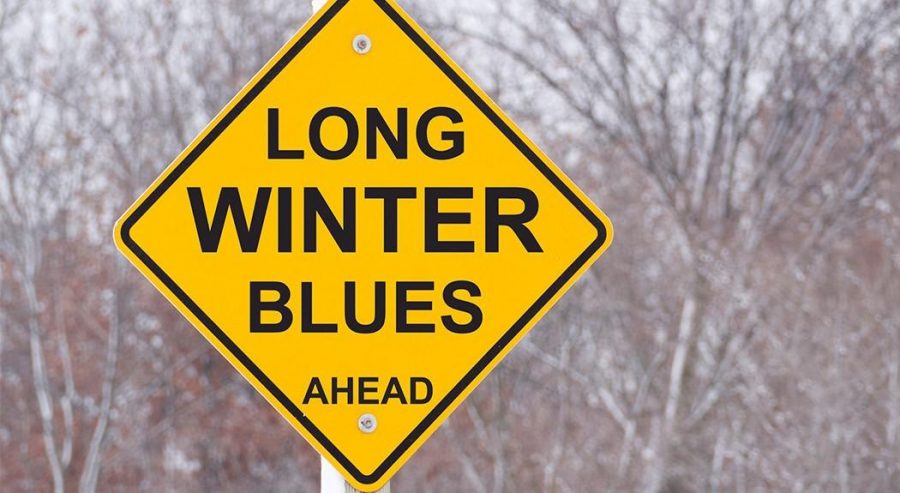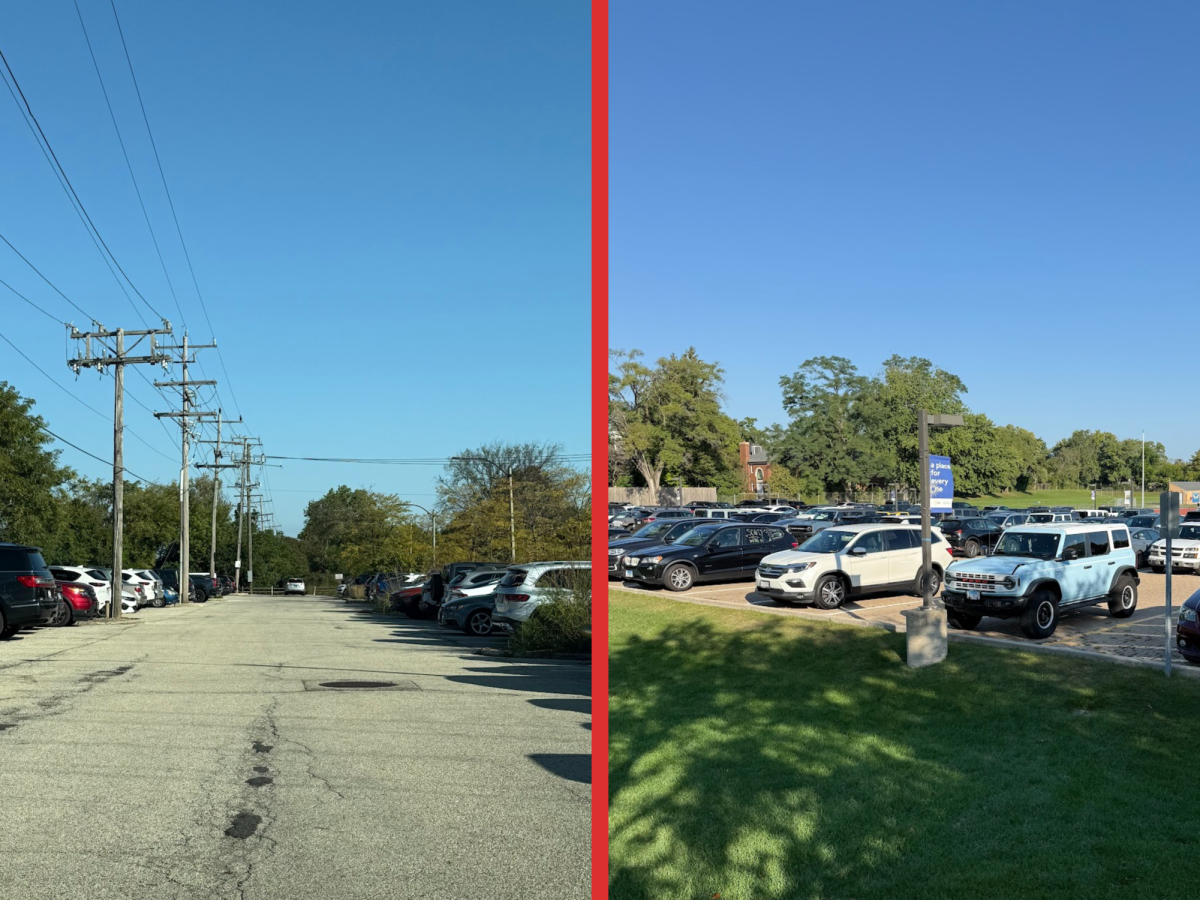‘Tis the season to be jolly– or is it? Now that fall has begun and colder days are around the corner, there’s something else to be worried about besides catching a common cold. Coincidentally, it’s called S.A.D. or Seasonal Affective Disorder. According to mayoclinic.org, it’s a type of depression relating to the changes in seasons, and more specifically, the amount sunlight.
If you suffer from S.A.D, you may start to feel different once fall rolls around and continue to feel this way into the winter months. The most common symptoms are depression, moodiness, and lethargy. With school, work, and finals still going on concurrently, S.A.D. could pose a real threat to everyday productivity. Make sure to check up on your friends and on yourself, too. Could you or someone you know be struggling with Seasonal Affective Disorder?
Some common symptoms of S.A.D are feeling depressed more than happy, losing interest in activities, low energy, problems sleeping, changes in weight/appetite (more commonly weight gain), feeling easily agitated, difficulty concentrating, feeling hopeless, and the most important one to look out for: thoughts of death or suicide. Even more specifically to S.A.D., some fall/winter symptoms are oversleeping, weight gain, eating a lot of or craving carbohydrates, and tiredness / low energy.
What can cause S.A.D.? Many people who weren’t suffering from depression before come to find themselves feeling blue during the fall and winter months, which can be confusing and scary. Those who do suffer from depression and anxiety may be feeling it more intensely as well, which can be pretty frightening too. One cause of this is your ‘biological clock.’ Since fall and winter have less sunlight, that can confuse your body’s ‘internal clock’ and cause you to have a lower mood.
Another S.A.D. trigger is your serotonin levels. Serotonin is a brain chemical that causes you to feel happy. This chemical can drop because there’s not as much sunlight which can cause feelings of depression. And lastly, melatonin levels can affect your mood. Melatonin is a chemical that helps you sleep, and changes in the season can disrupt this. Not enough sleep or too much sleep can play an important role in feeling depressed.
If you or someone who know is suffering from these multiple symptoms and you think there may be a problem, don’t brush it off and hope for the best. Learn coping skills before the problem gets too big. Going outside and getting physical exercise can be a big help when it comes to S.A.D. Also talking to a school counselor can help so much more than you could imagine. Ask for help and take steps to balancing out your mood and emotions once again.







